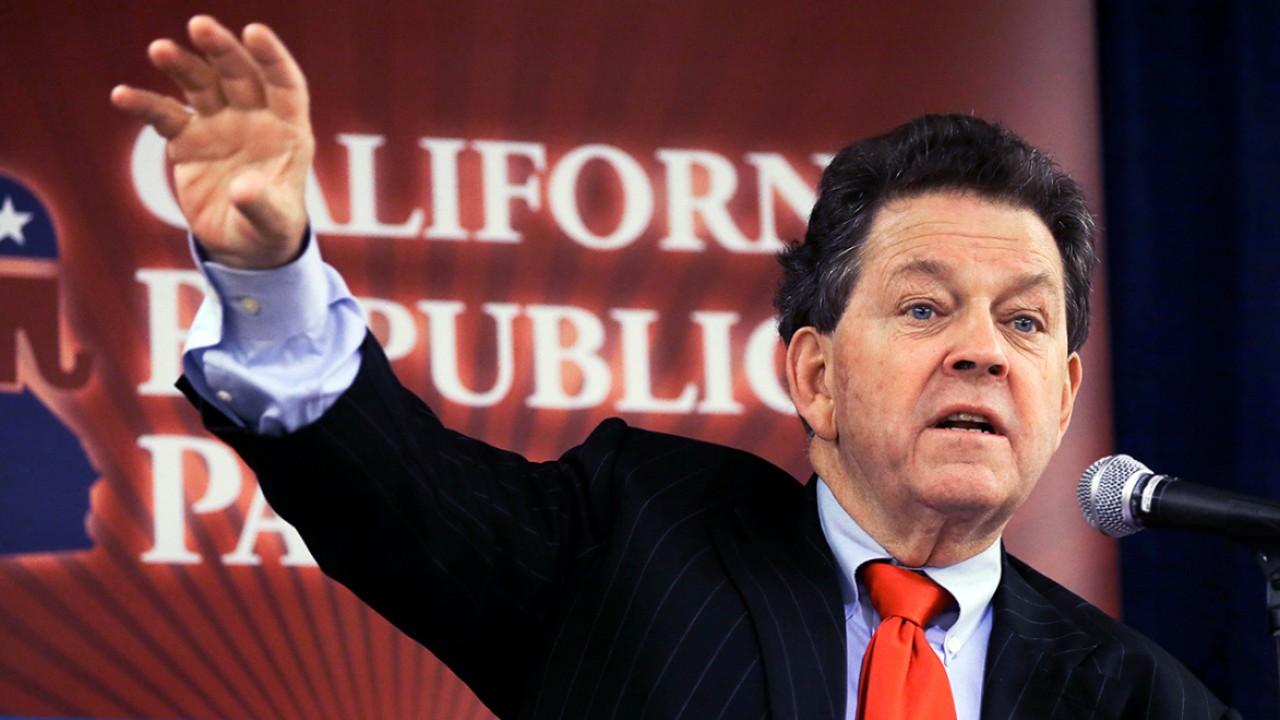VIX rockets to 2008 financial crisis levels
The VIX rockets as oil price war rages between Russia and Saudi Arabia
The CBOE Volatility Index, often referred to as the stock market’s fear gauge, soared Monday as an oil price war between Saudi Arabia and Russia fueled investor concerns about the global economy already on edge over the spreading of new cases of the coronavirus.
| Ticker | Security | Last | Change | Change % |
|---|---|---|---|---|
| CBOE | CBOE GLOBAL MARKETS INC. | 273.36 | -1.92 | -0.70% |
| ICE | INTERCONTINENTAL EXCHANGE INC. | 169.00 | +0.71 | +0.42% |
The double-whammy sent the major U.S. stock market averages tumbling around 7 percent triggering the rare use of circuit breakers on the New York Stock Exchange.
| Ticker | Security | Last | Change | Change % |
|---|---|---|---|---|
| I:DJI | DOW JONES AVERAGES | 49934.61 | -181.06 | -0.36% |
| SP500 | S&P 500 | 6929.15 | -3.15 | -0.05% |
| I:COMP | NASDAQ COMPOSITE INDEX | 23046.601447 | +15.39 | +0.07% |
The VIX spiked by as much as 48.1 percent to a high of 62.12, a level last seen during the 2008 global financial crisis. Since 1990, there have only been 14 episodes where the VIX has spiked above 32.7, according to Bank of America. The VIX topped out at 89.53 in October 2008.
WHAT ARE STOCK MARKET CIRCUIT BREAKERS?
“In thinking about the markets today, and the COVID-19 catalyst, we are in search of events that can return confidence to investors,” wrote Matthew Hornbach, global head of macro strategy at Morgan Stanley. “We still believe that a coordinated effort by central banks and governments has the ability to stabilize confidence and reduce macro market volatility.”
PUTIN TAKES AIM AT US SHALE OIL INDUSTRY
The market believes more action from central banks is likely.
Fed fund futures traded at the Chicago Mercantile Exchange are pricing in a 73.5 percent chance the Federal Reserve cuts its key interest rate by 100 basis points at its March 18 meeting which could bring rates to between zero or 0.25 percent. At an emergency meeting last week, the Fed cut its key interest rate by 50 basis points to a range of 1 percent and 1.25 percent.
But its not just central banks that are expected to take action. Larry Kudlow, the White House’s chief economic adviser, told FOX Business’ Stuart Varney on Friday that the administration was weighing a “timely and targeted micro approach” to helping certain people and industries impacted by the COVID-19 outbreak.
Trump's economic team is expected to meet at the White House Monday afternoon to discuss potential measures to stabilize the economy, FOX Business has learned.
CLICK HERE TO READ MORE ON FOX BUSINESS
Hornbach says that while investors wait for central banks and governments to “inject stability into a volatile marketplace” they should be “looking to assess values, keeping risk profiles light and liquid, and gearing up to take advantage of the opportunities when the dust settles.”




















